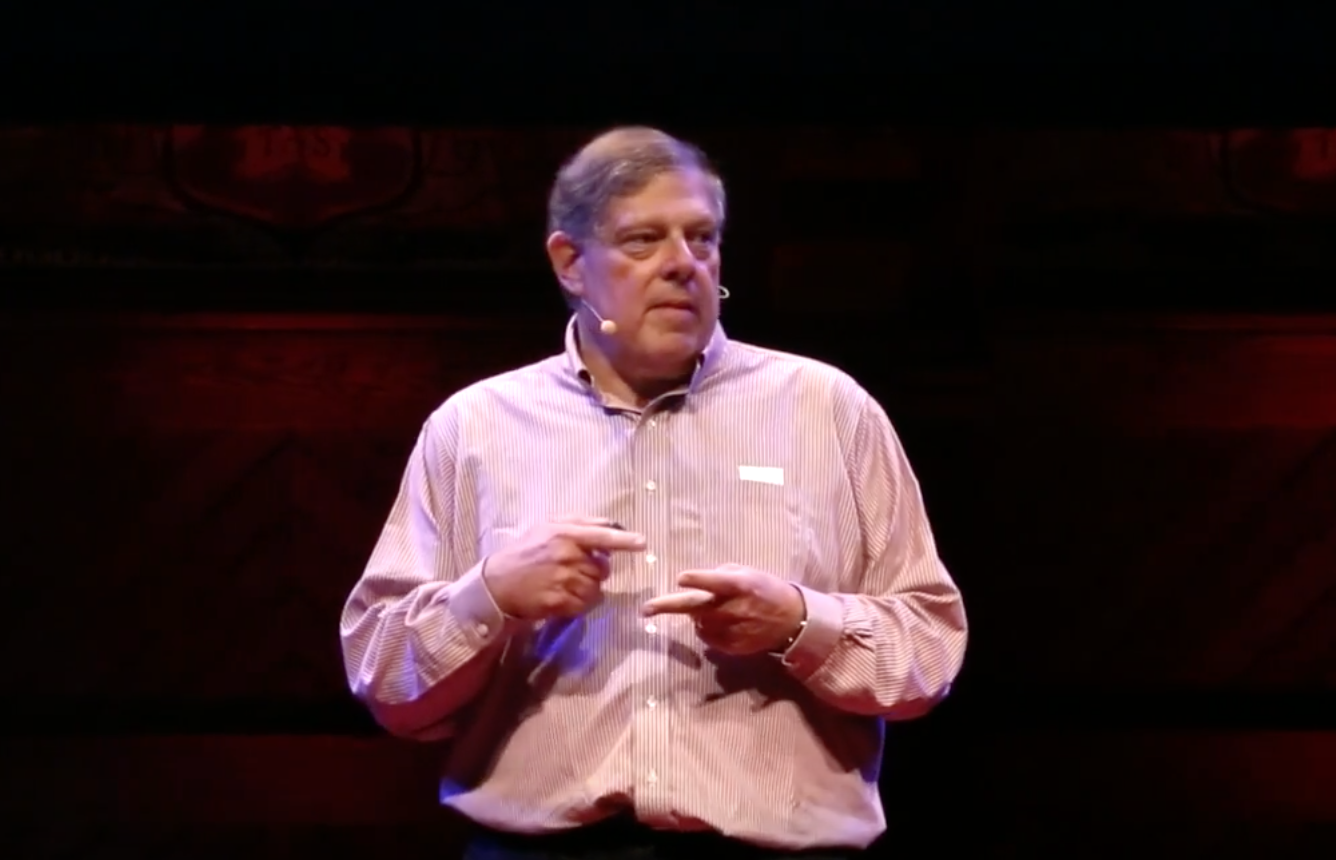Bloomberg: Burson-Marsteller Chief Mark Penn on How to Handle a Crisis

Burson-Marsteller Chief Mark Penn on How to Handle a Crisis
“As a leader, you have to balance the desire to say something right away with the need to get the facts,” Mark Penn, chief executive officer of Burson- Marsteller, says in Bloomberg Businessweek’s Sept. 26 edition. “People typically err on the side of saying something too soon and then have to eat most of what they said.
There are two phases: the hurricane and the cleanup. During the hurricane, you’re trying to keep the house standing and keep your organization functioning. Whether you win, lose, or draw, unless all the employees are on board and focused, you’ve lost. When the immediacy of the crisis is over, then you figure out what changes to make and how you rebuild your image. It can be a two-year process, but most companies recover.
Former U.S. President Bill Clinton is the best crisis responder I’ve ever worked with. He’s a strong leader, and he’s goal-oriented to solve the problem, whether it’s the nation’s deficit or impeachment. He won by going against the conventional wisdom of crisis management. People think you should get out there and apologize and everything will be fine. That’s not always true.
In some industries you can anticipate what the likely crisis will be. You need a plan and the right person out there as the central voice. Don’t throw your chief executive officer in the middle of every story. In the BP Plc crisis, CEO Tony Hayward underplayed the gravity initially, and then he arguably overplayed it because he was on the defensive. Was there a workaround? Sure. He could have hired General Colin Powell. If there’s a massive incident in the Gulf of Mexico, the person you’d have the most confidence in is someone from the American military.”

